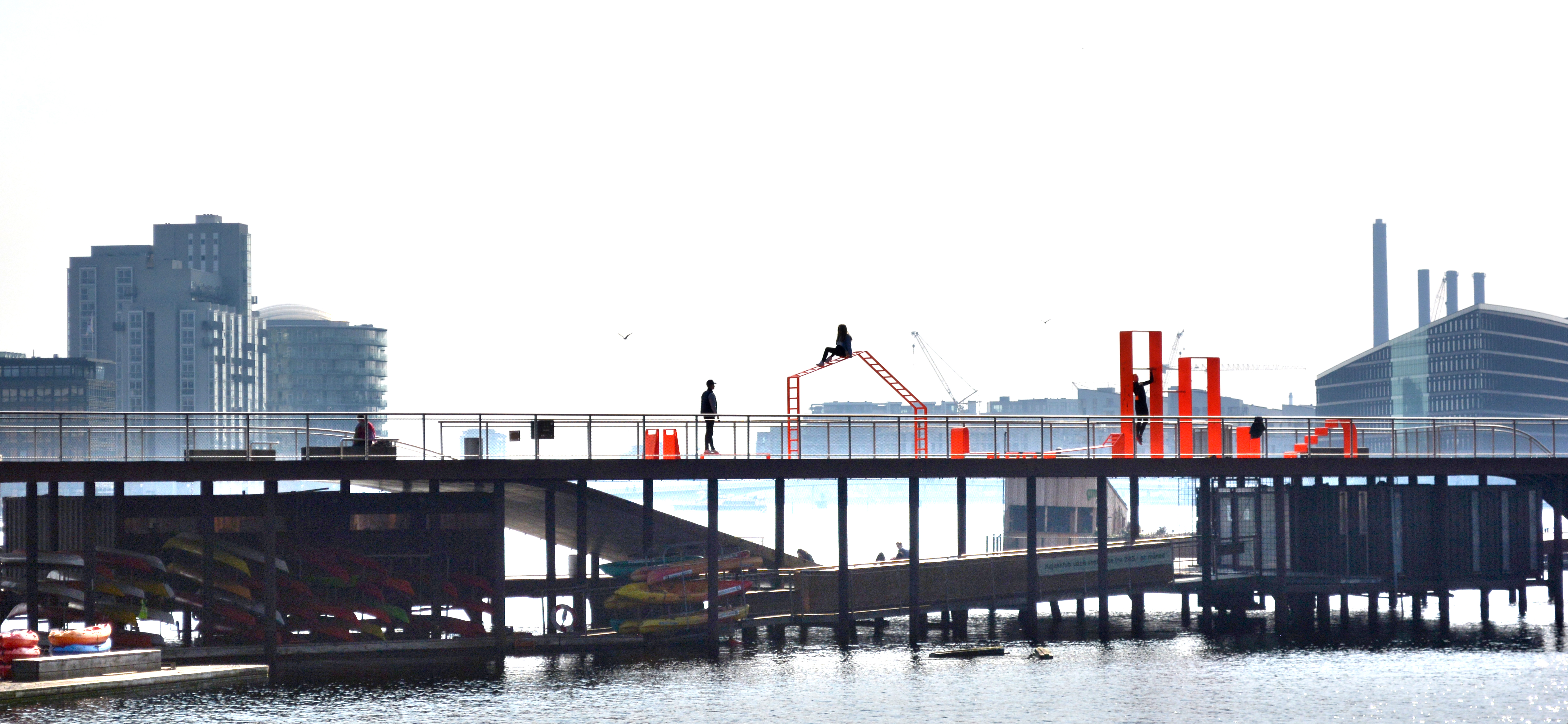BLOXHUB Summer School on Urban Resilience 2020
On-line – in the time of the COVID 19
We are resilient and we are on-line
Following the challenge imposed by the COVID-19 pandemic and relative constraints in our personal and professional lives, it will not be possible to realize the BLOXHUB Summer School on-site as originally planned.
At the same time, the relevance and importance of this training course, as an opportunity to exchange experiences, discuss challenges and solutions among practitioners, policymakers, and researchers, is relevant and needed. Thereby with the Organizing Committee and the Expert Committee, representing all our partner organizations, resolved to adapt the training to the current circumstances and hold the BLOXHUB Summer School on Urban Resilience online, addressing specifically the urban resilience challenges posed by the pandemic. Here bellows some preliminary information regarding the new format. More details will be following in the next 2 weeks.
The Summer School will be held over one month in June with daily sessions twice a week.
Each daily session will consist of:
(1) Lecture sessions: 2.5 hours (accessible for the general public)
two lectures back-to-back with Q&A
(2) Working sessions: 3 hours (for selected participants only)
For group discussion and group work on a specific problem-based challenge
Lectures will be coupled thematically, and each lecture will cover fully or partially the issue of pandemics in relation to other issues within the framework of Urban resilience.
Participants will be working on problem-based challenges specifically related to pandemics, including the interaction of pandemic with climate change-related hazards, with the systemic view (in terms of causes and effects) and multi-level approach within the frame of Urban Resilience. Upon the conclusion of the training, the participants will receive a Certificate of Participation.
We expect a high level of commitment from the participants due to the very interactive mode of the training with intensive discussions, covering approximately 5-6 hours for daily sessions and possible additional time in between planned activities, for discussion and group work.
The deadline for submitting the application has been extended until the 30th April.
Read & download the call for participation here
2020 BLOXHUB Summerschool
Today over 50% of the world population lives in urban areas, and cities account for 60-80% of global energy consumption and the same level of greenhouse gases emissions, producing 50% of global waste, consuming 75% of natural resources and producing 80% of global GDP. Cities and their populations are vulnerable and increasingly exposed to rapid and slow on-setting climate and environmental disasters, which frequency and intensity are growing exponentially. Cities are also major economic activity centres , social life and culture, innovation and knowledge-creation.
Urban resilience aims to increase the ability of urban systems to respond systemically and dynamically to present and future shocks and stresses related to major global challenges: unsustainable development patterns, rapid and unplanned urbanization, climate change mitigation, and adaptation. Urban resilience is instrumental in addressing both causes and effects of these major global challenges, re-thinking how cities are designed, planned and managed, and fostering innovation. The scientific research on urban resilience has grown exponentially in the last decade. Parallelly, a growing number of cities worldwide started developing resilience-related plans and actions, following the recommendations and prescriptions of national and international policies, such as Sustainable Development Goals, Paris Agreement, New Urban Agenda and Sendai Framework for Disaster Risk Reduction. The key challenge for urban resilience is to co-develop and harmonize scientific and practice led knowledge to support informed and science-based decision and policy making, to enable our cities to evolve and innovate.
The BLOXHUB Summer School on Urban Resilience 2020 will bring together on-line researchers, practitioners and policymakers during June 2020.
The summer school aims at providing multi-disciplinary knowledge and perspectives on the different global and local challenges for urban resilience in the Global South and North. The training is organized as a series of lectures and work in small groups to respond to a problem-based challenge.
The participants will gain the necessary competencies to develop informed policies, strategies, plans and solutions for urban resilience at the time of Covid-19.
The participants will develop their knowledge on:
- The basis of urban resilience science, and the development of resilience research in different disciplinary contexts;
- International policies (Sustainable Development Goals, Paris Agreement, New Urban Agenda and Sendai Framework for Disaster Risk Reduction);
- National policies regarding climate adaptation and mitigation, including urban content of Nationally Determined Contributions and urban aspects of National Adaptations Plan and Policies;
- Urban resilience practices with specific case studies from cities worldwide, including strategic plans, action plans, and technological solutions.
The participants will develop competencies on the use of:
- Process design methodology for urban resilience;
- System thinking for the analysis of urban shock and stresses;
- Different future scenarios methods: forecasting, visioning and backcasting.
Scientist and researchers: including PhD candidates, post-docs, research fellows and lecturers from universities and research organizations.
Practitioners: including policymakers, from national and subnational governments and public organizations, officers from international and intergovernmental organizations, staff from private profit and non-profit organizations.
Participants with different disciplinary backgrounds are welcome: including engineering, architecture, planning, environmental, economic and social sciences.
English language proficiency is required.
The Summer School will be held over one month in June with daily sessions twice a week.
Each daily session will consist of:
(1) Lecture sessions: 2.5 hours (accessible for the general public)
Two lectures back to back with Q&A
(2) Working sessions: 3 hours (for selected participants only)
For group discussion and group work on a specific problem-based challenge
Open submission: 12 February 2020
Extended deadline for submissions: 30 April 2020
Course date: June 2020 (twice a week)
The Summer School Urban Resilience is targeted at practitioners, scientists, and researchers with different disciplinary backgrounds including engineering, architecture, planning, environmental, economic, and social sciences.
There is a limited number of places available, therefore the participants will be competitively selected according to their curriculum vitae, motivation letter, and application form.
In order to apply, send the following documents to manar@iti.sdu.dk indicating ‘Application BLOXHUB-SSUR’ in the subject line:
- Your curriculum vitae.
- A motivation letter, explaining in 300 to 500 words why you would like to participate in this summer school, how it can help your academic and professional development and what your competencies and expertise can contribute to the summer school.
Please note that mandatory documents must be sent as a single PDF file.
Submission deadline: 30 April 2020
Successful candidates will receive information about the modes of payment once admitted.
A fee reduction is foreseen for applicants from the Global South.
The participants shall request the fee reduction during the application. Each request will be assessed individually.
To verify your initial eligibility for the reduced fee (country classification) please refer to the World Bank Country and Lending Groups.
Organizers
Partners
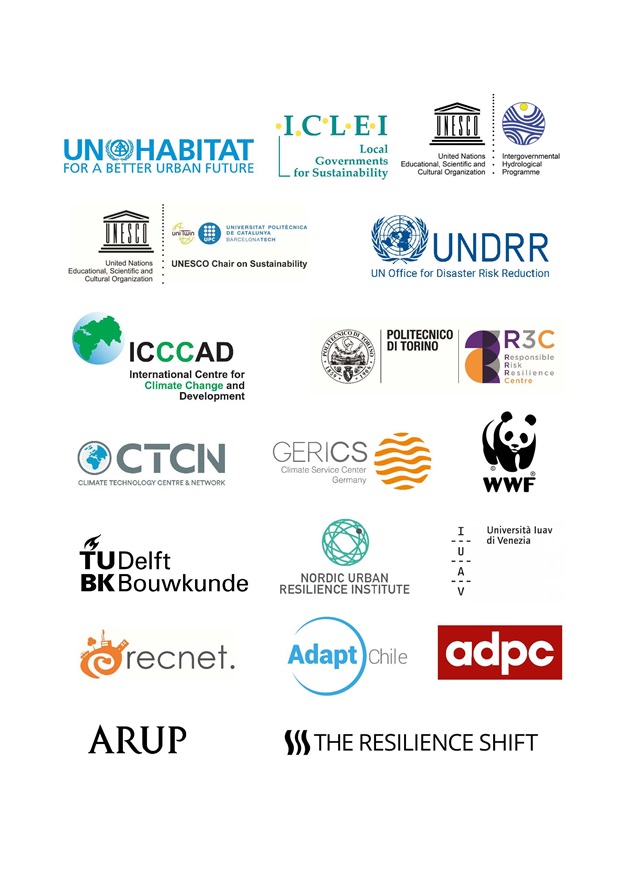
Participants

Consultant, Yayasan Plan International Indonesia
Indonesia

Head – Programme Management (Urban), Save the Children
India
LinkedIn

Urban Resilience Advisor, Ministry of Housing and Community Development (Fiji) in partnership with UN-Habitat
Fiji

DSc in Environmental Planning, Researcher at the Institute of Energy and Environment, São Paulo University
Brazil
LinkedIn

Project officer, World Waternet
Netherlands / Mali
LinkedIn
 City Planning and Development Coordinator, City Government of Santa Rosa
City Planning and Development Coordinator, City Government of Santa Rosa
Philippines

Deputy Head of International & Relief Service (Acting), Hong Kong Red Cross (Branch of the Red Cross Society of China)
Hong Kong
LinkedIn

Researcher, Indonesian Government
Indonesia
Linkedin

Urban Planning/Urban Development Consultant (Independent)
Philippines
LinkedIn
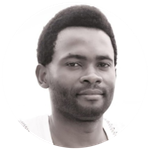
Lecturer and researcher, University of Dschang
Cameroon
LinkedIn
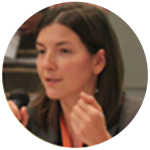
Associate Programme Specialist, UNESCO
France
LinkedIn

Executive Director, Sindh Community Foundation
Pakistan
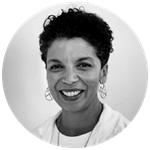 Urban Resilience Advisor, United Nations Office for Disaster Risk Reduction, Regional Office for the Americas and the Caribbean
Urban Resilience Advisor, United Nations Office for Disaster Risk Reduction, Regional Office for the Americas and the Caribbean
Panama
LinkedIn

Project manager, Climate Alliance of European cities with indigenous rainforest Peoples
Belgium
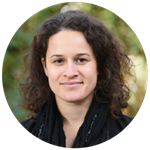
Climate and Energy Expert, WWF
Austria

Programme Coordinator, Trócaire Malawi
Malawi

Monitoring Evaluation and Learning (MEL) Delegate, American Red Cross
Philippines
 Early career researcher and faculty, National Institute of Technology Patna
Early career researcher and faculty, National Institute of Technology Patna
India
LinkedIn

Manager - Urban Resilience, Save the Children
Bangladesh
LinkedIn

Associate Professor, Aarhus University
Denmark
Organizing Committee
 Professor wsr in Urban Resilience,
Professor wsr in Urban Resilience,
SDU Civil and Architectural Engineering,
Department of Technology and Innovation,
University of Southern Denmark
Linkedin
 Research Assistant
Research Assistant
SDU Civil and Architectural Engineering,
Department of Technology and Innovation,
University of Southern Denmark
Linkedin
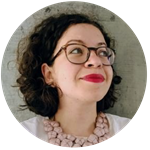
Corina Angheloiu
PhD candidate
Forum for the Future
Linkedin

Monica Pandele, MBA, MPA
Sustainability consultant
Presidio Graduate School
LinkedIn
 Margherita Nardi
Margherita Nardi
Msc student
Polytechnic University of Turin
Linkedin

Marcia Trento
Urban planner, landscape architect, expert in slum upgrading
Linkedin

Vittore Negretto
PhD student
IUAV University of Venice
Linkedin

Jungwoo Chun
PhD student, Environmental Policy and Planning Group
Department of Urban Studies and Planning
Massachusetts Institute of Technology
Website

Kirsten van Dam
Founder Out Of Office, a network-based office for future thinking,
trend research, people insight, for future innovation and strategy.
Project lead Designscapes at the Service Design Lab (Aalborg University).
Link Out Of Office
Linkedin
